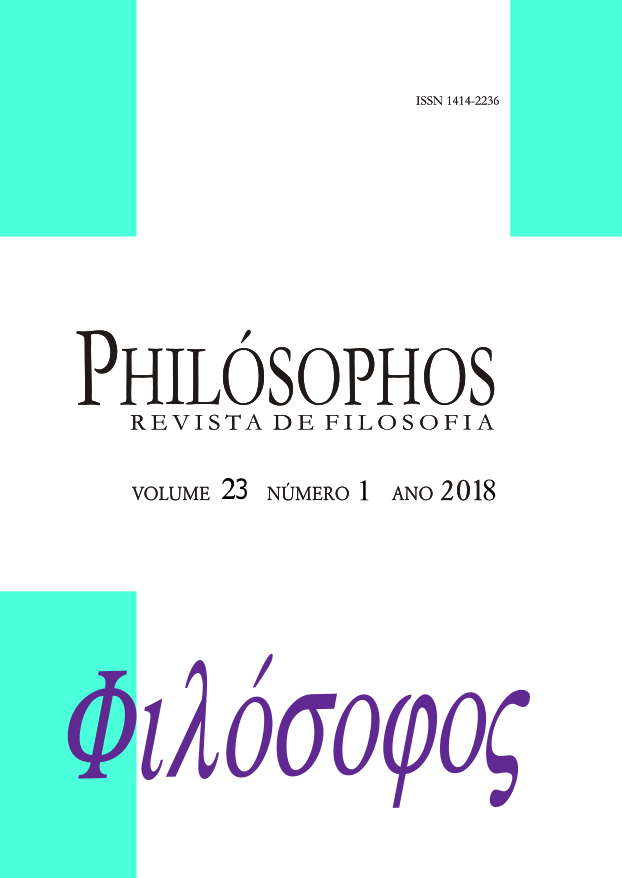Life (Zoé), world and politics: a reflection on the biopolitical aspects in the thought of Hannah Arendt
DOI:
https://doi.org/10.5216/phi.v23i1.49934Keywords:
Hannah Arendt, Cuidado com o mundo, Biopolítica, Superfluidade humanaAbstract
In recent years, research on Arendt’s thoughts has sought to explain the existence of biopolitical elements, even if they do not appear inside of her thoughts in a so evidently way. To do so, researchers have been looking for, essentially, in The human condition, biopolitical concepts that would put Arendt in the list of those who in modern times have launched light on the biologization of politics and the draining of the public sphere. We also believe that there is, within Arendt’s reflections, biopolitical elements. However, our objective is to demonstrate that it is in the description of the central point of politics that there is one of reading keys to Arendt’s biopolitical issues. We will sustain our hypothesis based on the Arendt’s assertive, that is contained in your text What is politics?, in which the author says that "at the center point of politics there is always a concern with the world and not with man". Saying that the central point of politics is to take care of the world and not of men discusses two aspects: the existent risk of not taking care of the world and, the understanding of politics as an instance of life preservation, since electing life as the foundation of politics means subtracting the freedom for necessity in of human actions.
Downloads
Downloads
Published
How to Cite
Issue
Section
License
Authors who publish in this journal agree to the following terms:
- Authors retain copyright and grant the journal right of first publication, with the work simultaneously licensed under a Creative Commons Attribution License that allows others to share the work with an acknowledgement of the work's authorship and initial publication in this journal.
- Authors are authorized to enter into separate, additional contractual arrangements for the non-exclusive distribution of the journal's published version of the work (e.g., publishing in an institutional repository or as a book chapter), with an acknowledgement of its authorship and initial publication in this journal.















